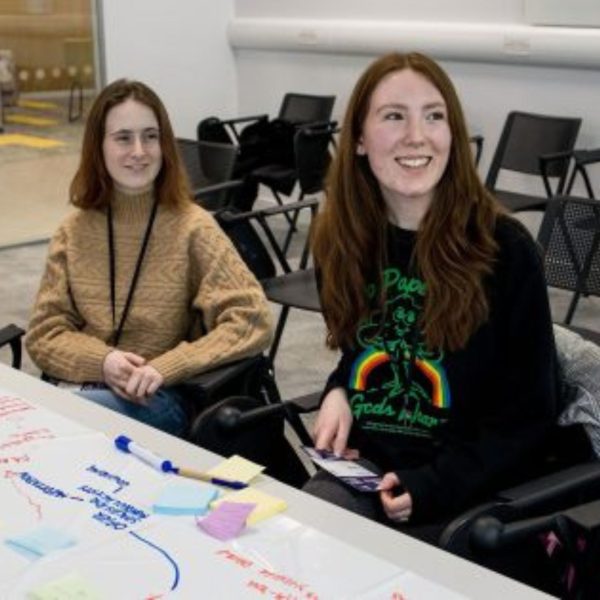Who Is Tania?
Tania Wild is a Mechanical Engineer from South Africa. She specialises in the Radioactivity field of Nuclear Energy. Nuclear Energy is currently one of the safest and greenest ways to reach global net zero goals. It is also a very interesting and promising area to work in!

What is Radioactivity and how does it work?
Radioactivity means the spontaneous disintegration of unstable atomic nuclei to other atomic nuclei. This means they can be more energetically stable. The decay is very random and throughout the processes, particles or electromagnetic radiation are emitted from the nucleus. The best-known property of radioactivity is half-life T1⁄2. This means, after one half-life goes by, the number of radioactive decay events decreases by one-half.

The major forms of radioactivity according to Rutherford’s experiments are alpha, beta and gamma. Alpha particles are composed of two protons and two neutrons, have a 2+ charge and a mass of 4. It is the same as a helium nucleus. When a radioactive atom emits an alpha particle, the atomic number of the original atom decreases by 2 and the mass by 4. The alpha particles are ionising and lose all their kinetic, ionising energy even if they travel a short distance. So, they are not dangerous unless ingested. The beta particle is an electron ejected from the nucleus and has a -1 charge and the atomic number goes up by one. Beta particles are completely absorbed by common materials but can be dangerous if ingested. In gamma decay, a nucleus changes from a higher energy state to a lower energy state through the emission of electromagnetic radiation. The amount of radioactivity is reported in Becquerel (BQ) or Curie (CI) in the United States.

How do I become a Mechanical Engineer who specialises in Nuclear Energy?
As with most engineering fields, it relies on mathematical models and scientific principles. During A-Levels or equivalents, you should focus on STEM subjects like Math, Physics, and Chemistry. If you choose to go to university, you should choose a degree in Physics, Mechanical, Electrical or Chemical Engineering. Then, you can specialise in Nuclear Energy. If you are set on this career path, you can go straight to study a Nuclear Engineering degree! As Engineering is a transferable skill, a variety of jobs in the Nuclear sector are available after graduating. If you choose the apprentice route, there are many organisations that run nuclear engineering apprenticeship programmes. One of these is the National Nuclear Laboratory.





